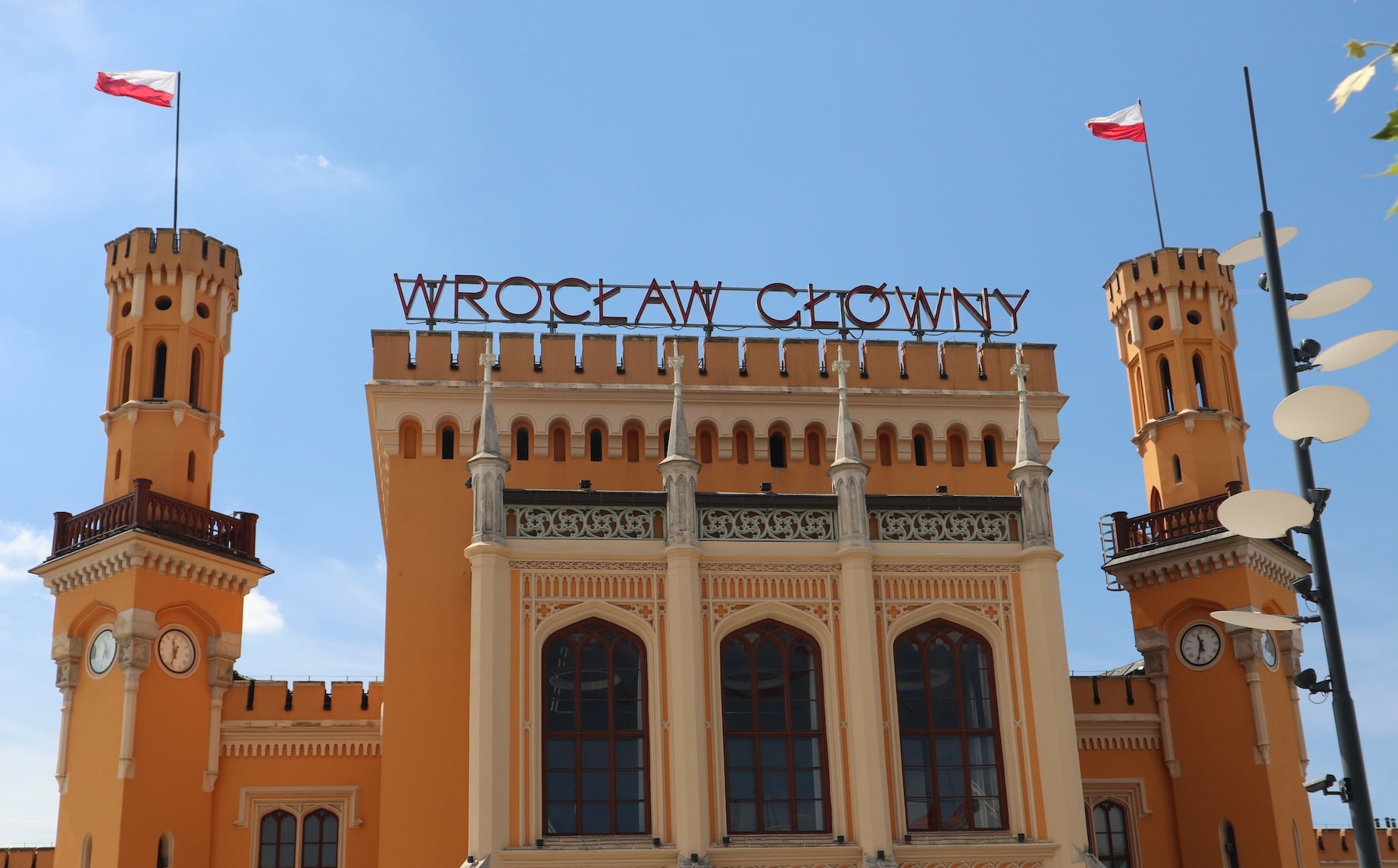Learning a language is one of the most exciting things you have ever done. The ability to communicate with people worldwide is priceless. Polish is no exception, and the demand for language skills is high.
The Polish language belongs to the Slavic language family. There are over 38 million native Polish speakers worldwide. If you decide to learn Polish, it won’t be easy, but you could succeed in the long run!
Is Polish Hard To Learn?
Polish is difficult to learn because it has many letters and sounds that don’t exist in English. It also has complicated grammar rules and vocabulary that can be difficult to remember. Additionally, pronouncing polish words can be tricky. Lastly, Polish is an FSI category III language and takes a long time to grasp.
If you are looking for a language that can teach you a lot of history, you might want to learn Polish, so keep reading!
1. Native Language of Poland
Poland is one of Europe’s linguistically most homogeneous countries, with almost 97% of Poles identifying Polish as their native language.
In other words, Poland is the mother tongue of the Poles, who speak it as their primary language.
In comparison, the Latin script is used to write the Lechitic West Slavic language of Polish.
Slovak and Czech are the two major languages to which it is most similar. Still, it has different pronunciations and simpler syntax!
2. Polish is One of the Most Challenging Languages
Learning Polish as an adult English speaker is tricky because of the grammar and sounds you must produce and understand.
First, Polish is challenging to pronounce. For example, students stress when they hear the word “Szczęście,” as it is tough to pronounce initially.
Second, the Polish translation of seven cases comes with it. Therefore, Polish grammar has seven separate cases for nouns, pronouns, and adjectives.
Lastly, there are numerous ways to convey quantity and numbers. For example, you can use 22 different words and phrases to express the words two, twice, or second!
3. Polish Originates from the Slavic Language Family
Slavic languages, which include Polish, make up the third-largest language family in Europe after Germanic and Romance languages.
Since the end of World War II, Polish has been the official language of the European Union, and it is still an essential language for interregional communication.
Currently, countries including Hungary, Slovakia, Romania, Russia, Lithuania, Israel, and Ukraine speak Polish.
4. Polish is Category III Language
The Foreign Service Institute categorizes Polish as a level III language difficulty.
A beginner takes 1100 hours, or around 44 weeks, to learn the language.
In learning this language, it’s crucial to remember that Polish has three genders: masculine, feminine, and neuter.
In addition, Polish is phonetic. Therefore, once you become familiar with the Polish alphabet, you will never forget it.
Furthermore, word order within a phrase is not very important in Polish sentences because it has a flexible sentence structure!
5. Alphabet, Writing System, and Sentence Structure

Start with the Polish alphabet, which contains a total of 32 letters. You can get this Polish alphabet and pronunciation chart for free.
However, you may notice that the alphabet is missing the letters Q, V, and X. However, Polish does not have these three letters.
You must also become familiar with several digraphs and trigraphs early on in your Polish studies, including ch, ci, cz, dz, dzi, and many more.
Additionally, check out for c and w. The letter c is pronounced as a ts in the tsunami, and w is pronounced like a v.
You may also check out Polish alphabet apps like Polish – The Basic Alphabet (free), Ling app ($8.99), Tinycards (free), and Duolingo (free)!
6. Learning Process and Motivation
Set a clear goal! For instance, study 20 words a week or complete ten classes in a month.
However, unfortunately, most people give up because they lack the perseverance and patience to achieve their goals.
Generally, it works best to set short, attainable objectives and validate your progress.
Remember that studying for a short period each day is preferable to an exhausting 5-hour cram session!
Similarly, reading and listening to Polish media resources is another way to speed up the process.
7. Polish Provides Access to Other Slavic Languages
Learning the Polish language could be the first step for some students toward studying other Slavic languages.
Polish is a branch of the Slavic language family, making it closely connected to other Slavic tongues.
It’s well documented and researched that learning Czech, Slovak, Bosnian, Croatian, and Ukrainian will become easier once you have learned Polish!
8. Learning Resources – Textbooks, E-Books, News, and Websites
Start with websites like Culture.pl (free) and Loecsen (free) for free access to educational resources.
Second, these Polish textbooks like the Polski, Krok Po Kroku ($41.18), Polish: A Comprehensive Grammar ($55.64), and 301 Polish Verbs($85) are great offline resources.
Third, free ebooks like Wolne Lektury, Woblink, and Bilingual Polish-English Alice’s Adventures in Wonderland are available online.
Lastly, to familiarise yourself with the culture, check out free streaming news, magazines, and hobby websites like Polska Agencja Prasowa and National Geographic Polska!
9. Career as Polish Translator, Interpreter
Suppose you wish to work as a translator, interpreter, or proofreader.
In that case, the Polish language is excellent for you because they pay well. Earnings can range from $8.27 to $53.85. However, these positions require a strong command of the Polish language, particularly in grammar and vocabulary.
You can also find jobs overseas, and the average pay for English to Polish translators in Poland is 70,154zł per year.
You may assist employers in reading, writing, and speaking Polish in various situations.
To learn more, you can also see our posts on Czech, Russian, Spanish and Dutch.
Conclusion
Overall, Polish makes for a rewarding language to learn. The writing system is logical, though a bit confusing at first.
Vocabulary is large enough to make learning the basics of the language accessible, and its shares some helpful survival phrases with other Slavic dialects.
If you are willing to put in the effort and practice required, Polish will surely be an asset to your linguistic abilities!

